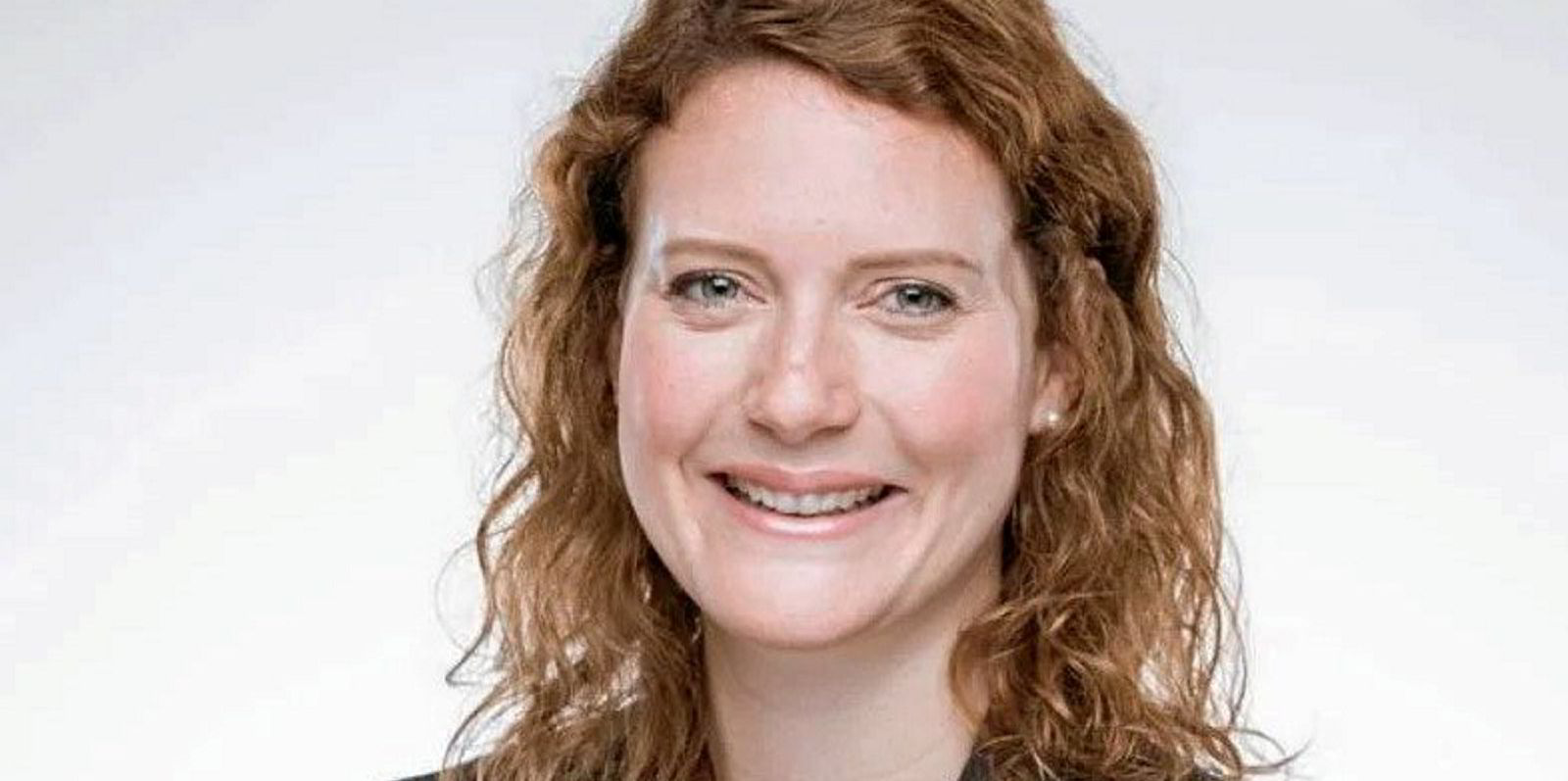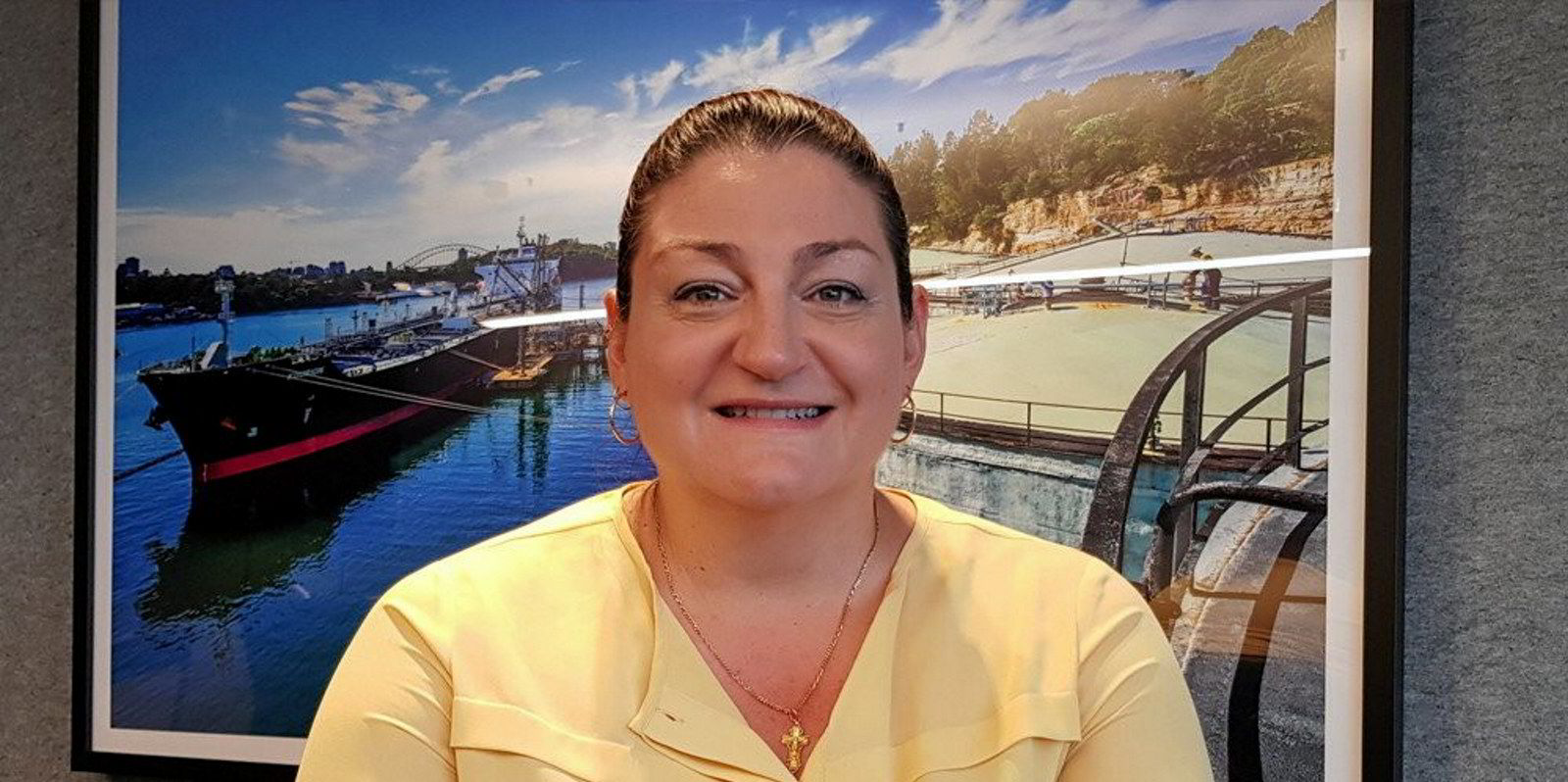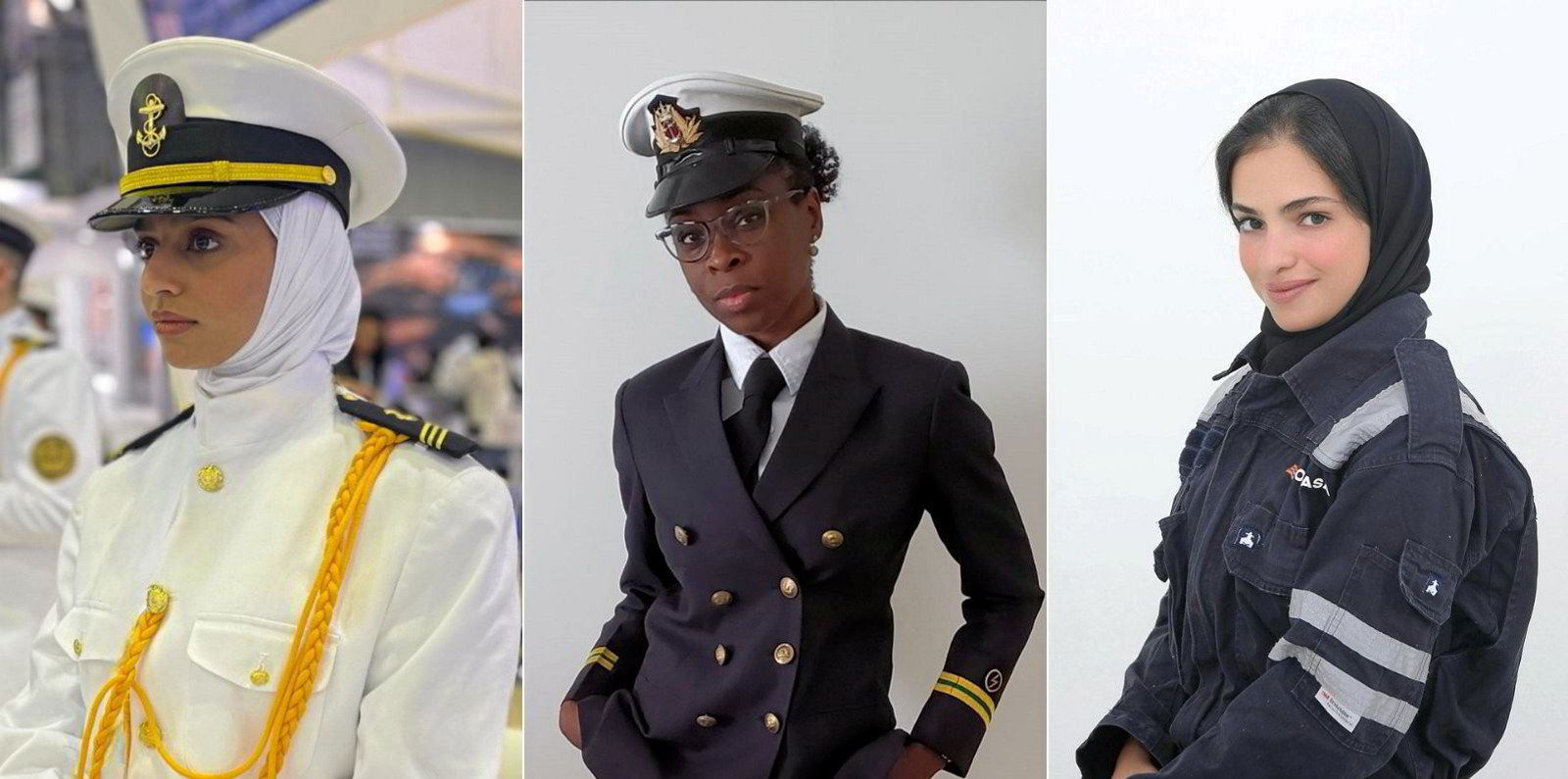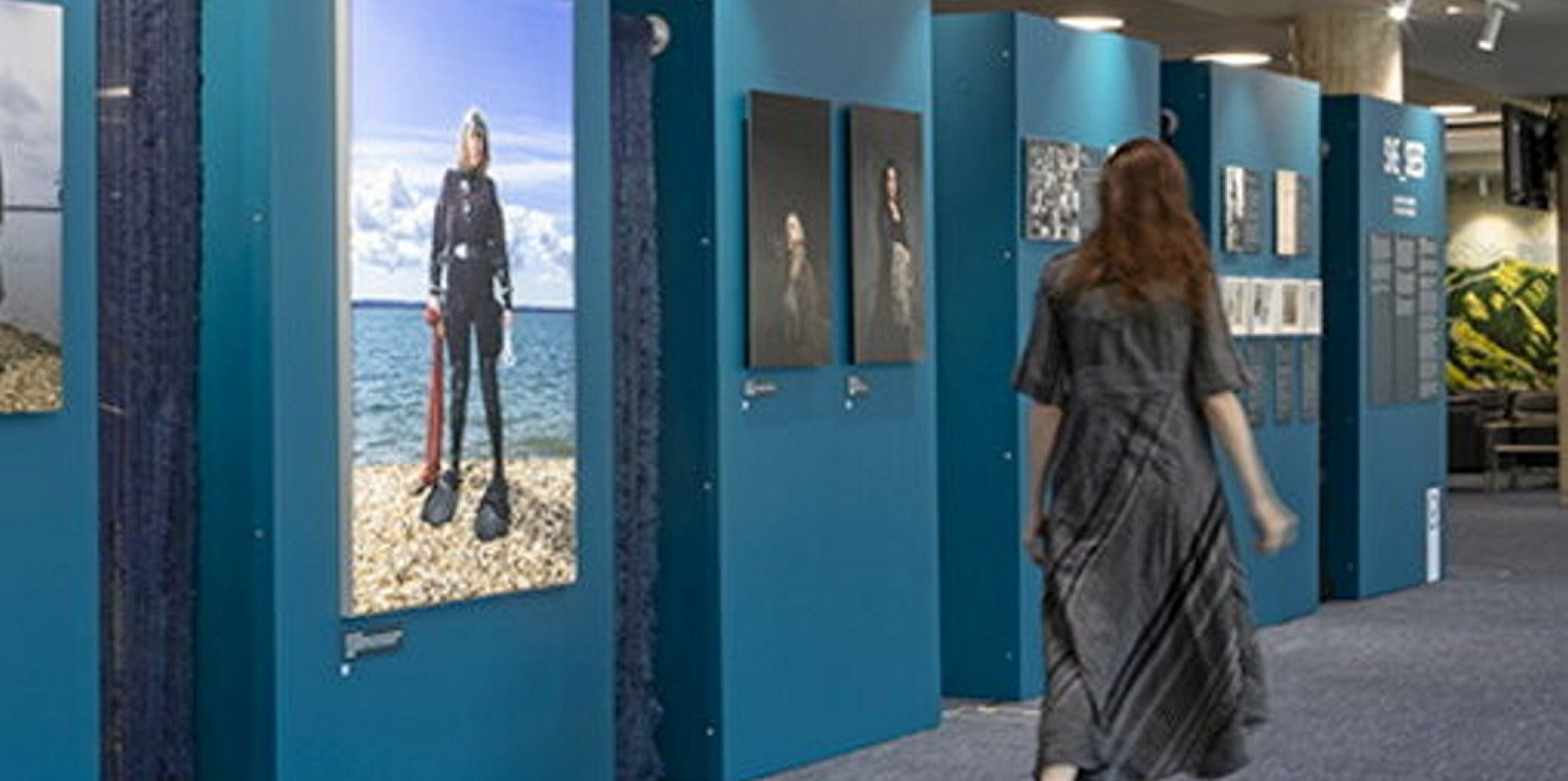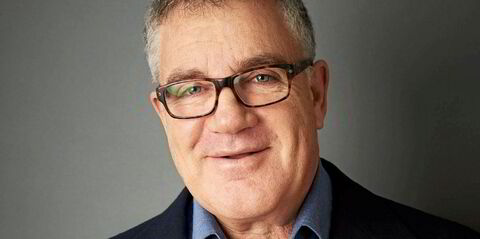Shipbroking is renowned for its highly competitive, often fast-paced business environment which is still, and has largely been, male-dominated.
Today, more women are starting to enter the sector.
But will they find it a welcoming place to work? Will there be other females in leadership positions who will demonstrate career paths they can take? And what are companies doing to encourage them into the business and improve their working environments?
TradeWinds asked 15 large shipbrokers working in different countries a set of questions to set the scene on the number of women, and specifically female brokers in their organisations, and the initiatives they are taking.
Not all responded. Some of the nine that did gave full and detailed responses, while others provided more minimal replies, but all included positive quotes on their intentions.
TradeWinds also collected responses from women shipbrokers on their experiences in the sector, both directly and via an anonymous survey, and the responses form a separate article.
Figures for the number of women working in shipbroking are not easy to determine.
The Institute of Chartered Shipbrokers admitted it does not have any but does hope to have some clearer breakdown by gender later this year, although it was unclear how globally representative this might be and whether it would release these figures publicly.
The breakdown
To give a flavour from some of those who have provided figures, Clarksons employs 584 women across all segments and locations, out of over 2,000 employees, with 244 working in “global broking”.
BRS employs 144 women representing 34% of its workforce across its global offices, with 37 of them working as shipbrokers. The broker flagged up that women account for 63% of employees in its Bogota, Colombia, office, and 51% of those in its Athens business and represent 46% and 43% of those in its offices in Shanghai and Beijing, respectively.
Singapore-headquartered Eastport Maritime records that 61 of its 145 employees are female, or 42%, with nine working as shipbrokers.
SSY lists 138 women on its staff including 41 working as brokers. The company noted that the bulk of these — 28 — are employed in Asia, with 11 in Europe and two in the US.
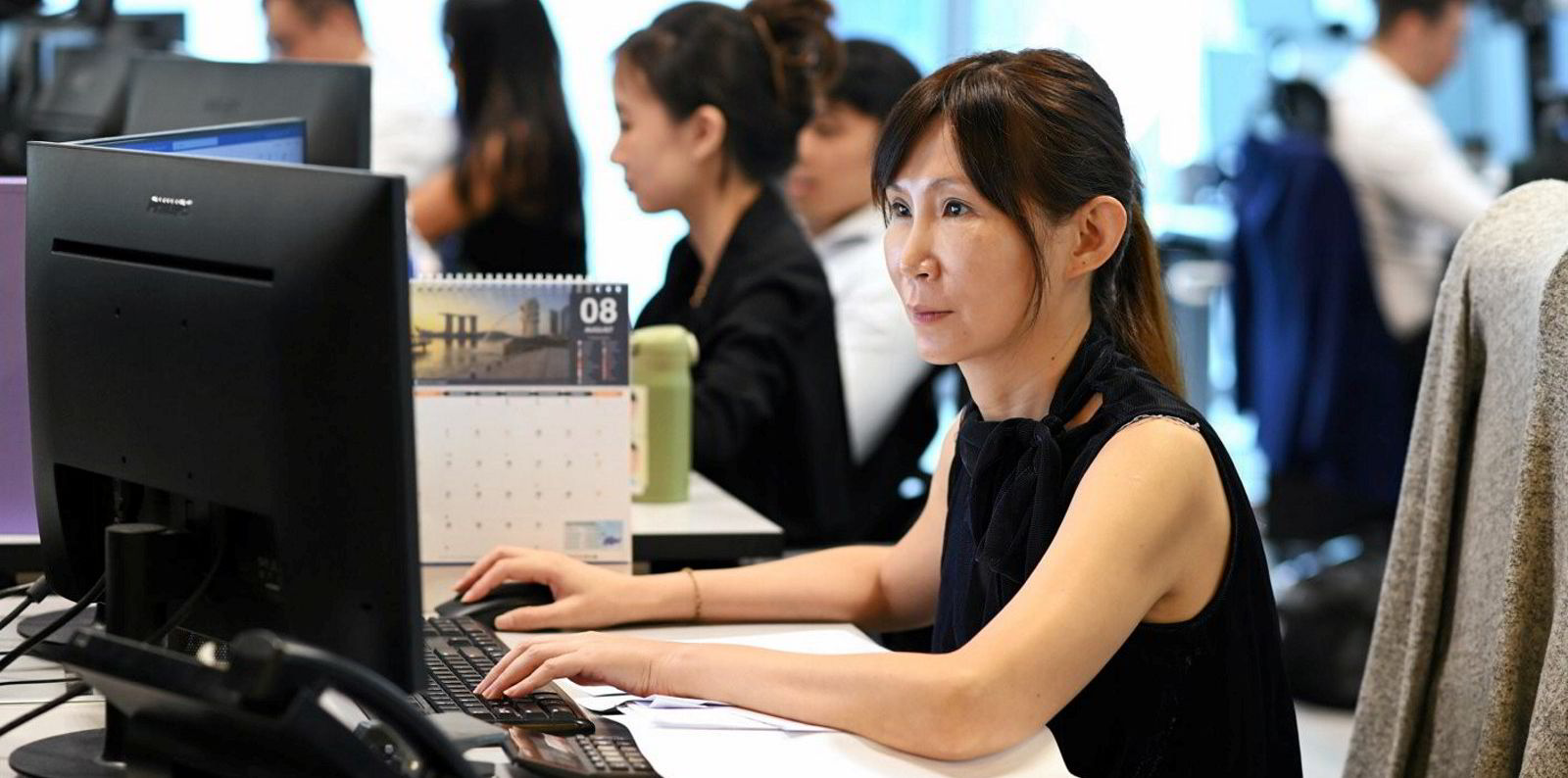
Gibson Shipbrokers employs 39 women, with nine working as brokers split almost evenly between London and Asia.
Braemar said it has 107 female staff including 18 shipbrokers, seven of whom are trainees.
Fearnleys chief executive Marius Hermansen said: “We have 80 talented women contributing globally … It’s noteworthy that some of our top-performing brokers are women.”
Poten & Partners simply said that 25% of its staff are women, while Ifchor Galbraiths detailed that they make up 30% of its workforce.
Women in leadership
Shipbrokers have women in leadership positions across their teams and several were keen to speak about them.
Many named their heads of HR as female.
Clarksons said women occupy senior executive leadership roles including group general counsel and group company secretary, adding that it has a “significant number” of female divisional directors, directors and managing directors.
BRS named its head of compliance, marketing, tanker operations and ship finance as female.
The company said its head of tankers operations, who has more than two decades of experience in the maritime industry, was recently given “space to grow, actively participate in decision-making processes and contribute to the company’s forward momentum”.

Gibson said it is proud that one of the company’s senior brokers, Annie Vernon, was elected as the first female chair of the London Tanker Brokers Panel and Worldscale Association.
Last year, the company appointed its first female board member, with Julie Downman becoming finance director.
Nurturing future talent
Three companies mentioned their trainee and internship programmes.
Clarksons said its 2023 class entering the company’s global trainee broker programme was 39% women, adding this demonstrated its commitment to building the diversity of its workforce.
Fearnleys has a summer internship programme, which it said is “the single most important point for female recruitment”.
SSY — which is run as a partnership but has yet to elect a female partner — organised a roadshow in support of the SSY Trainee Scheme to meet students at four locations in the UK.
The company’s spokesman said: “We had over 400 applications for our first intake of London Trainees, 40% of which were female.” Of the 10 selected, 50% of them are women. “We aim to roll out the trainee scheme to further international locations in 2025.”
Gender-neutral recruitment
Diversity, equity and inclusion consultants offer a range of strategies to companies on recruitment and, while some in the wider business world work to gender targets, the advice is to hire the best person for the job.
Eastport general manager Sharon Teo echoed several broking companies when she said: “In Eastport, our recruitment strategies are intentionally gender-neutral. We don’t specifically tailor efforts to hire more males or females; instead, we focus on fostering diversity and inclusion.”
Teo continued: “Our job postings use neutral language to attract a diverse pool of applicants. We also partner with institutes of higher learning to explore internship opportunities and facilitate speaking engagements for our employees to share their experiences working at Eastport.
“Promotions and leadership opportunities are based on skills, performance and potential, rather than gender.”
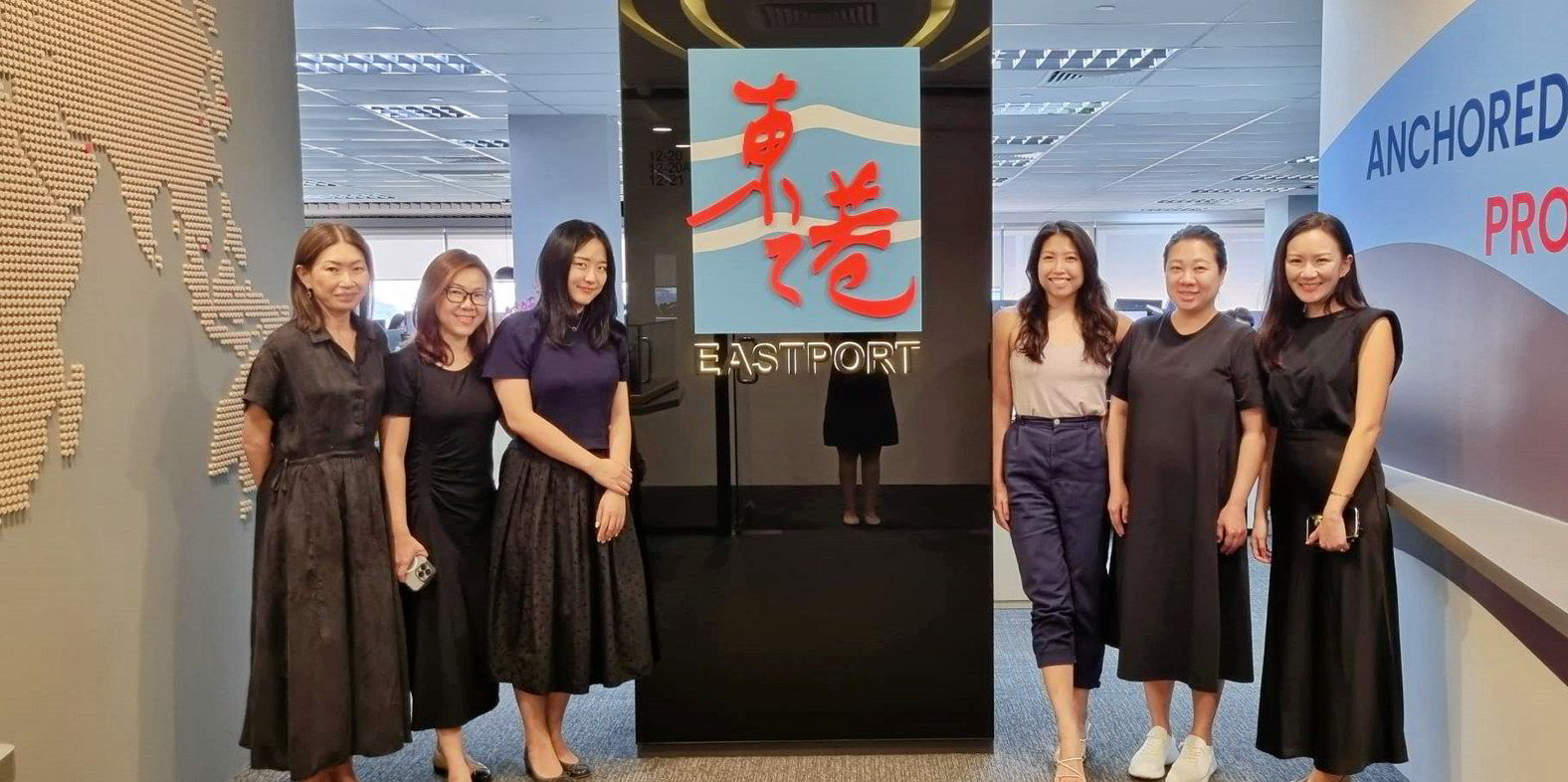
Clarksons said its “Women in Shipping” campaign — which has its own LinkedIn page — shares and highlights the experiences and successes of its female talent to inspire the next generation of women considering roles in the shipping industry.
“It strives to attract applicants from previously untapped talent pools and break down the perceived barriers to entry in the industry,” the company said.
Initiatives to support diversity
Beyond recruitment, companies detailed taking initiatives aimed at women and diversity, equity and inclusion overall.
Clarksons said it carried out a qualitative survey of female brokers to better understand their experiences before launching its campaign. The brokerage was impressed by the number of practical suggestions it received from its staff about changes that could benefit them.
The broker is also partnering with organisations such as WISTA. More generally, for all its staff, the company has launched a centralised learning portal, the Clarksons Academy, and is working on its environmental, social and governance priorities.
Enhancing support
Several companies spoke about introducing benefits packages, flexible or home-based working options and leadership programmes.
Gibson said that in 2023, the company reviewed and upgraded its global benefits package, including those for paternity and maternity, and aligned these globally to reflect its “one team ethos and attract more women worldwide”.
The company also said it has introduced leadership coaching to support female professional development, well-being and performance transparent compensation structure to reduce conscious or unconscious bias.
At Fearnleys, Hermansen said the company has started an internal mentorship and leadership programme.
He said the company provides flexible work arrangements and is building company culture through opportunities for skill enhancement, inclusivity across all ranks and approachable leadership, and provides periodic gatherings for female employees to network and collaborate professionally.
Braemar is planning to launch career mapping, succession planning and social media campaigns, and has introduced analytics to review all diversity, equity and inclusion reports, including aspects like gender pay reporting and six-monthly engagement surveys.
Leaders voice commitment
Hermansen said: “We recognise there’s still some way to go, and we are actively engaged in initiatives aimed at attracting more passionate women to join our team.”
Ifchor Galbraiths’ spokesperson commented: “As our industry continues to grow and adapt, our business will grow with it and we expect to see more women being represented not just in [Ifchor Galbraiths] but within our industry as a whole.”
Braemar chief operating officer Tris Simmonds said: “While shipbroking has been a male-dominated environment historically, there is absolutely no reason for it to remain that way. We encourage women to consider it as an attractive and rewarding career and continue to seek to grow the number of women within our business.”


